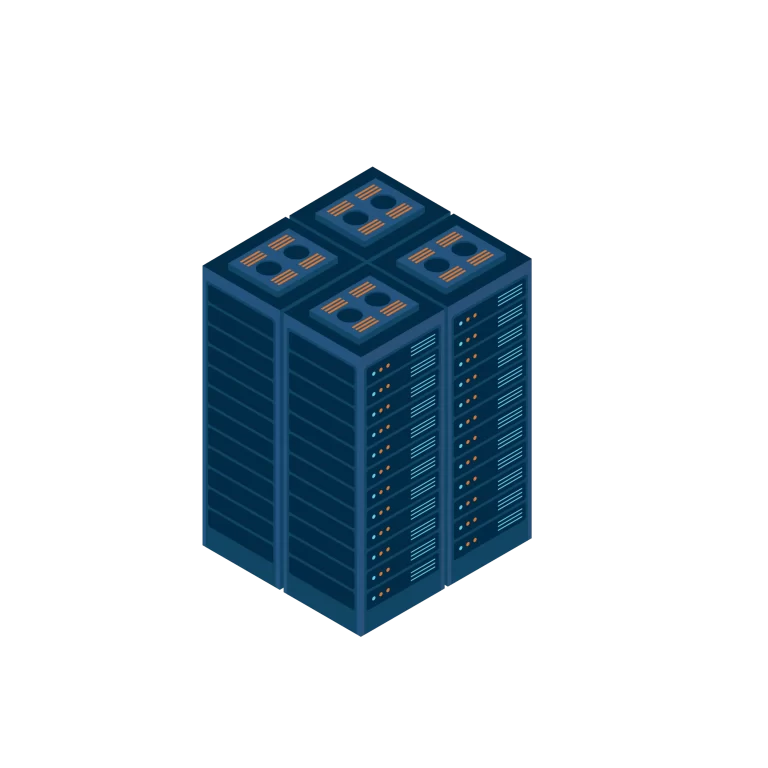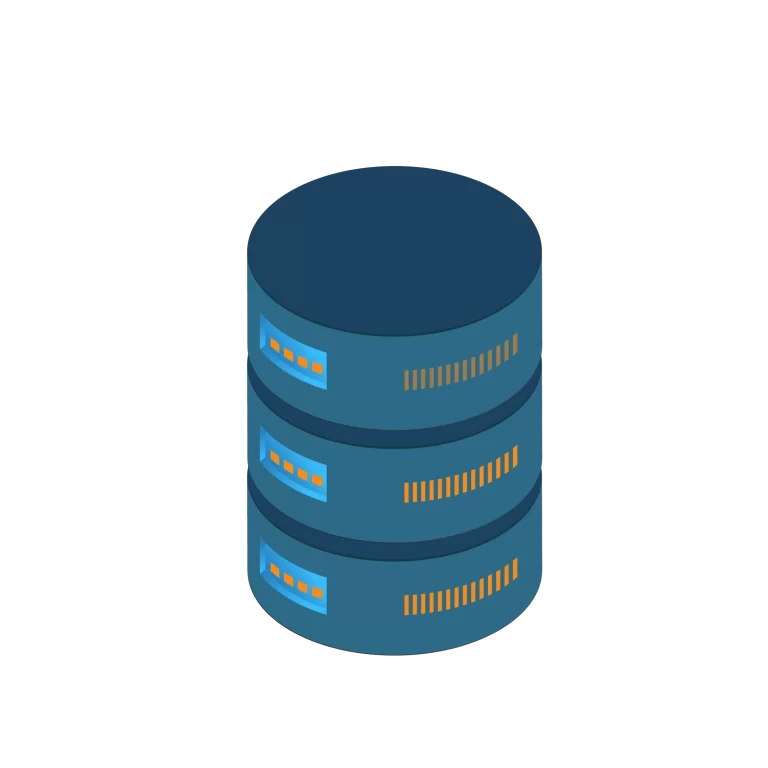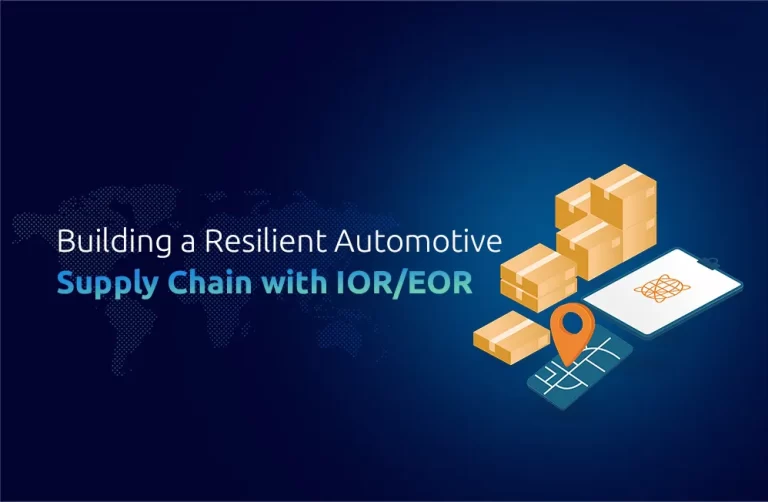Types of Warehousing Services in Eritrea
Warehousing in Eritrea is developing to help a wide range of businesses across various sectors. General warehousing infrastructure is commonly used for storing goods such as electronics, medical devices, and machinery, providing flexible space and standard storage conditions. For industries such as medical, cold storage solutions play a vital role, specifically in managing temperature-sensitive goods such as medical and certain IT-related imports. Customs bonded warehouses are another valuable option, allowing businesses to reduce the payment of duties and taxes until goods reach to destination, basically beneficial under Incoterms such as DAP (Delivered at Place) or DDP (Delivered Duty Paid). Transit storage is also a major service in Eritrea, mainly for organizations moving cargo between neighboring nations such as Ethiopia and Sudan, simplifying and smoothing local trade. To increase working efficiency, modern warehouse suppliers are combining basic Warehouse Management Systems (WMS), allowing organizations to track inventory and goods more correctly throughout the supply chain.
Advantages of Warehousing Services in Eritrea
Warehousing near key ports such as Massawa significantly improves transit times, allowing for faster delivery and enhanced supply chain responsiveness. This major location also gives cost efficiency by lowering storage and inventory management fees for the local supplier. Also, exactly managed warehousing supports agreements with the Generalized System of Preferences (GSP), allowing organizations to benefit from tax-free entry into select trades when goods are classified correctly under the HTS Harmonized Tariff codes. Modern warehousing in the region increasingly incorporates advanced technologies such as automated guided vehicles (AGVs), which contribute to dependable storage management and strengthen supplier relationships. Also, the proximity to neighboring countries such as Ethiopia, Djibouti, and Sudan infrastructure smoother coordination and access to local trade networks, making Eritrea a valuable logistics hub.
Industry Insights: IT, Aviation, Medical, and Automotive in Eritrea
IT Industry
Demand for IT hardware and networking tools is increasing, especially in education and public infrastructure. Warehousing for routers, devices, and cables is required. Items shipped under HS codes must be stored with care and tracked effectively to avoid damage or loss.
Aviation Sector
Eritrea’s aviation infrastructure is growing slowly. Warehouse services for aircraft parts are needed, specifically those tied to DAP shipments and international suppliers.
Medical Sector
Eritrea’s healthcare institutes require a consistent supply of diagnostic machines, biotech devices, and surgical tools. Cold warehousing is necessary for sensitive goods. Partnering with an experienced customs broker confirms that clearance and delivery meet health regulations.
Automotive Industry
There is a modest but rising need for spare parts, batteries, and tools. Warehousing allows better logistics planning and parts availability for auto mechanics and distributors.
Conclusion
Warehousing in Eritrea is slowly developing and providing support for industries such as IT, medical, automotive, and aviation. Eritrea has major hubs in Asmara and Massawa, looking to improve logistics and inventory authority. Businesses can benefit from quick delivery, cost savings, and smoother operations. By collaborating with experts such as One Union Solutions, organizations gain reliable entry to global supply chains and confirm agreements with global trade guidelines.
DID YOU KNOW?
In 2019, Eritrea’s real GDP growth rate fell to 3.84 percent This was a dramatic reduction in growth. The observed growth rate has fluctuated throughout time.








